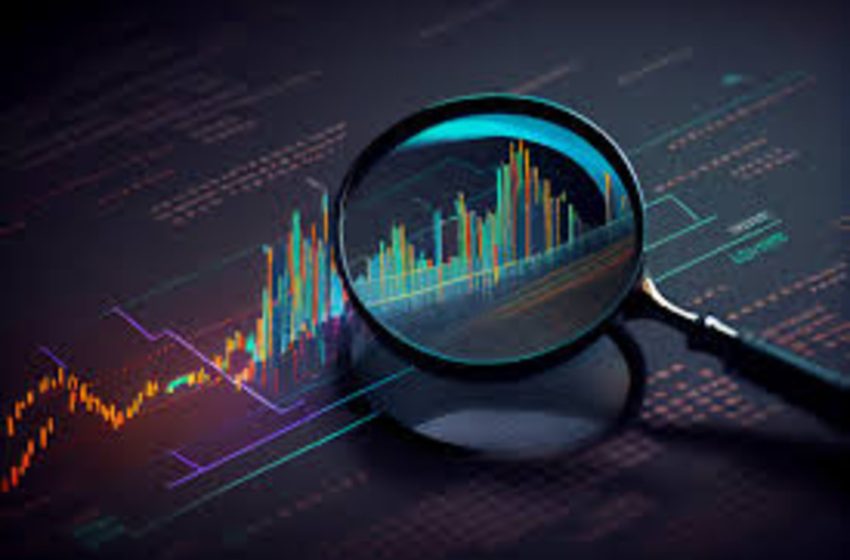Understanding the Various Types of Trading Available

Navigating India’s stock market is never easy. Each trading style comes with its own rules, techniques, and strategies, making it essential for investors to find the approach that best matches their investment goals and risk tolerance.
Whether you’re interested in the fast-paced environment of day trading or the more calculated approach of positional trading, understanding the nuances of each can significantly impact your trading success.
This article aims to decode the various types of stock market trading in India, providing a clear overview that will help you make informed decisions about managing your investments effectively. But it is crucial to understand what is trading before diving deep into trading types.
Day Trading
Day trading is a popular form of trading in the Indian stock market that requires a deep understanding of market dynamics and rapid decision-making skills.
It involves executing numerous buy and sell orders within a single trading day to profit from the short-term price movements of stocks, commodities, or currencies. Day traders leverage technical analysis, chart patterns, and real-time market data to identify opportunities for quick gains.
They aim to exploit market volatility and capitalise on small price differentials. Successful day trading requires discipline, risk management, and adapting to changing market conditions.
Traders must be well-informed about market trends, news, and financial indicators that may impact stock prices. Understanding day trading in India can provide investors with an avenue for potentially generating significant profits, but it also carries a higher level of risk and requires continuous monitoring of the market.
Futures Trading
Futures trading is another type available in the Indian stock market that offers unique opportunities for investors. In this form of trading, participants enter into contracts to buy or sell assets, such as commodities or financial instruments, at a predetermined price and specified future date.
Unlike day trading, which focuses on short-term price movements, futures trading allows investors to speculate on the future direction of prices and hedge against potential risks. With leverage, traders can control a larger position with a smaller investment upfront.
Note that futures trading carries inherent risks due to the leverage involved, as significant losses can occur if the market moves against the trader’s position. So, individuals interested in engaging in futures trading should thoroughly educate themselves on the intricacies of this market and seek guidance from experienced professionals.
Options Trading
Options trading involves the buying and selling contracts that grant the right to buy or sell a particular asset, known as the underlying asset, at a specified price within a predetermined timeframe.
This flexibility allows traders to profit from price movements in the underlying asset and hedge against potential losses. Various trading strategies can be implemented, including bullish strategies, such as buying call options or bearish strategies, such as buying put options.
Further, advanced strategies such as spreads, straddles, and collars can take advantage of different market conditions. Each strategy has its advantages and considerations, and traders must understand the intricacies and risks of each approach.
Commodity Trading
Commodity trading involves the buying and selling of raw materials or primary goods, such as agricultural products, energy resources, and metals. For beginners looking to venture into commodity trading, it is essential to understand the various types of trading that can be undertaken in this market.
Firstly, there is futures trading, where contracts are bought or sold based on the expectation of future price movements. This allows traders to speculate on the future value of a commodity without physically owning it. Another type is options trading, which grants the right but not the obligation to buy or sell a commodity at a specific price.
This provides flexibility and risk management opportunities. Finally, spot trading is where commodities are bought and sold for immediate delivery.
Currency Trading
When it comes to currency trading, insider tips can help traders navigate the complexities of the foreign exchange market. One important tip is to stay informed about economic and political events impacting currency values. By monitoring news and economic indicators, traders can anticipate potential fluctuations and make informed trading decisions.
Developing a trading strategy that includes risk management techniques, such as setting stop-loss orders and diversifying currency pairs, is also crucial. Researching and understanding the different types of trading, such as spot trading, forward contracts, and options trading, can also provide traders with various tools to capitalise on market opportunities.
Moreover, keeping emotions in check and sticking to a disciplined trading plan are key factors for long-term success in currency trading.
Algorithmic Trading
Algorithmic trading, or automated trading, involves using computer algorithms to execute trades based on predefined rules and parameters. These algorithms can analyse vast data and make trading decisions at high speeds, often faster than human traders.
By employing algorithmic trading, traders can benefit from increased efficiency, reduced emotions, and the ability to capitalise on market opportunities that may arise within milliseconds.
To excel in algorithmic trading, it is crucial to have a strong foundation in programming and data analysis and the ability to develop and optimise trading algorithms. Additionally, staying updated with market trends, continuously monitoring and adjusting the algorithms, and maintaining risk management practices are vital to success in this field.
Conclusion
From the traditional buy-and-hold strategy to the more complex derivatives trading, investors must understand their goals and risk tolerance before choosing a trading method.
With proper research and guidance, investors can make informed decisions and capitalise on the opportunities presented by the Indian stock market.




